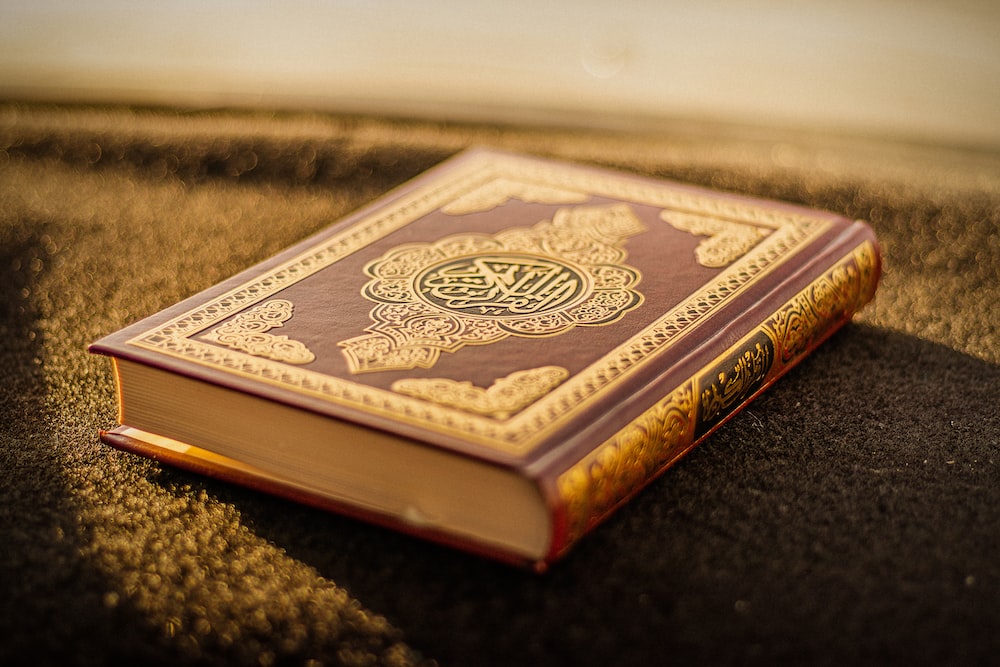Ramadan is the month of the Qur’an. Dhul Hijjah is the time to reflect on the past year, and Muharram presents a fresh opportunity to rectify one’s ways and develop good habits. A good place to start, then, is by learning to recite the Qur’an properly, says a mufti.
As we draw the curtains on the Islamic year 1444 AH, deep introspection should be in order, for every breathing, believing Muslim. “Allah (SWT) gives us opportunities, time and again, to reflect and ponder upon our lives,” says Mufti Hamza Farooqui, from the fatwa department at Jamiatul Ulama – KZN.
“Every Muslim is required to take stock of himself, look into his heart and into his life. What kind of good actions has he done? What has he stayed away from? Where can he change himself to become a better Muslim? What actions can he bring into his life to connect with Allah (SWT)?”
SMread: Reflecting on the enduring legacy of Imam Achmad Cassiem
Qur’an recitation
On the eve of the new year – which may begin either on Tuesday or Wednesday, depending on the lunar sighting – Mufti Farooqui suggests Muslims should seek to strengthen their bond with Allah. A great way to do this is by learning to recite the Qur’an with tajwid.
Tajwid is most simply defined as the art of reciting the Qur’an with the correct pronunciation. Such is the importance of tajwid, stresses Farooqui, that Muslims are obliged to make an effort to recite accordingly.
“It should not happen that we are reciting the Qur’an, but we are reciting it incorrectly. Instead of the Qur’an being a favour for us, it will become a proof against us on the Day of Qiyaamah,” he cautions.
Learning to recite Qur’an correctly can be daunting, but this should not discourage one from doing so. Farooqui encourages people to take up the task with zeal in the coming year. One could learn from friends, family or an aalim – anyone who is fit to do so.
“This year should be a year in which we refer ourselves to the ulema and those that are learned in the field of the Qur’an. One should not find it that he will become small by learning the Qur’an from his son or his daughter,” he says.
SMread: Instilling saving and budgeting habits in children
Neglecting the Qur’an
Sayyiduna ‘Abdullah ibn Mas’ud (RA) reports that Nabi (SAW) said: “…Habitually recite the Qur’an for it slips from your chest quicker than camels escape”. (Sahih Bukhari, Hadith: 5032, Sahih Muslim, Hadith: 790)
It is therefore important for Believers to safeguard against neglecting the Qur’an. Farooqui draws from another hadith, in which the different levels of forgetfulness are explained.
“There are different levels whereby a person will neglect the Qur’an. One is, of course, a person doesn’t bring [faith in the Qur’an]. That is the worst level. On the other hand, one of them is that the person does not learn the Qur’an. The next is after learning how to read the Qur’an, he does not make an effort to recite it correctly, as it was revealed, according to the tajwid,” he says.
Having impressed the importance of learning and reciting it correctly, Farooqui implores every Muslim to take up the challenge in the year ahead. Almost as important is retrospection as the year draws to an end and a new one rolls in.
Mufti Farooqui was speaking during the weekly ‘Jummah Inspirations’ segment of News & Views. Listen to the full discussion here:
